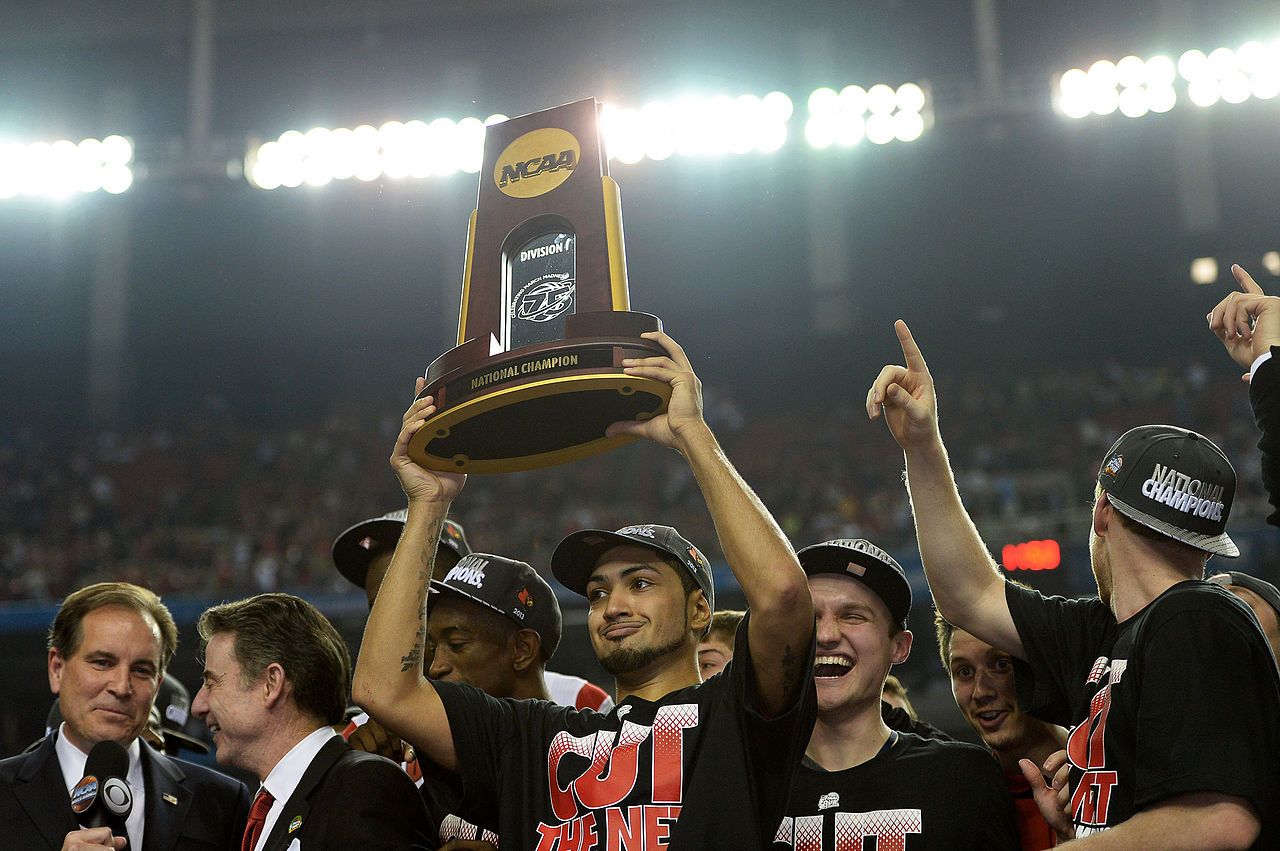On Monday, a unanimous Supreme Court ruled that the NCAA, a private nonprofit organization that regulates colleges' relationship with their student athletes, violates federal antitrust law when it restricts the education-related benefits that schools may offer their athletes as compensation for playing college sports. The decision bars the NCAA from limiting student athletes' tuition waivers or paid internships, but leaves in place restrictions on cash salaries.
Student athletes should receive fair market compensation for their services, and the court's ruling is an important step toward making that a reality. But the decision underscores how often colleges flout the rules that apply to everyone else. For instance:
- Through accreditation agencies stacked with their own representatives, incumbent colleges keep potential competitors out of the market.
- Colleges often fail to fully disclose how much debt students and their families take on, routinely ignoring the transparency rules that apply to private banks.
- While employers' right to use ability tests to make hiring decisions is restricted, they are welcome to reject a job applicant simply because she lacks a college degree.
In a concurrence, Justice Kavanaugh argues that all of the NCAA's restrictions on college athletes' compensation (not just education-related benefits) are illegal under antitrust law. After all, if the nation's fast-food restaurants explicitly banded together to slash their employees' wages, antitrust regulators would pounce. But such institutionalized collusion is tolerated in higher education. Kavanaugh writes:
The NCAA’s business model would be flatly illegal in almost any other industry in America. ... [T]he NCAA and its member colleges are suppressing the pay of student athletes who collectively generate billions of dollars in revenues for colleges every year. Those enormous sums of money flow to seemingly everyone except the student athletes. College presidents, athletic directors, coaches, conference commissioners, and NCAA executives take in six- and seven-figure salaries. Colleges build lavish new facilities. But the student athletes who generate the revenues, many of whom are African American and from lower-income backgrounds, end up with little or nothing.
Kavanaugh concludes that "the NCAA is not above the law." Neither are colleges and universities. Yet too often, institutions of higher education get a pass for behavior society would never tolerate elsewhere. Monday's court decision is an important first step towards correcting that, but much more work remains to be done.


